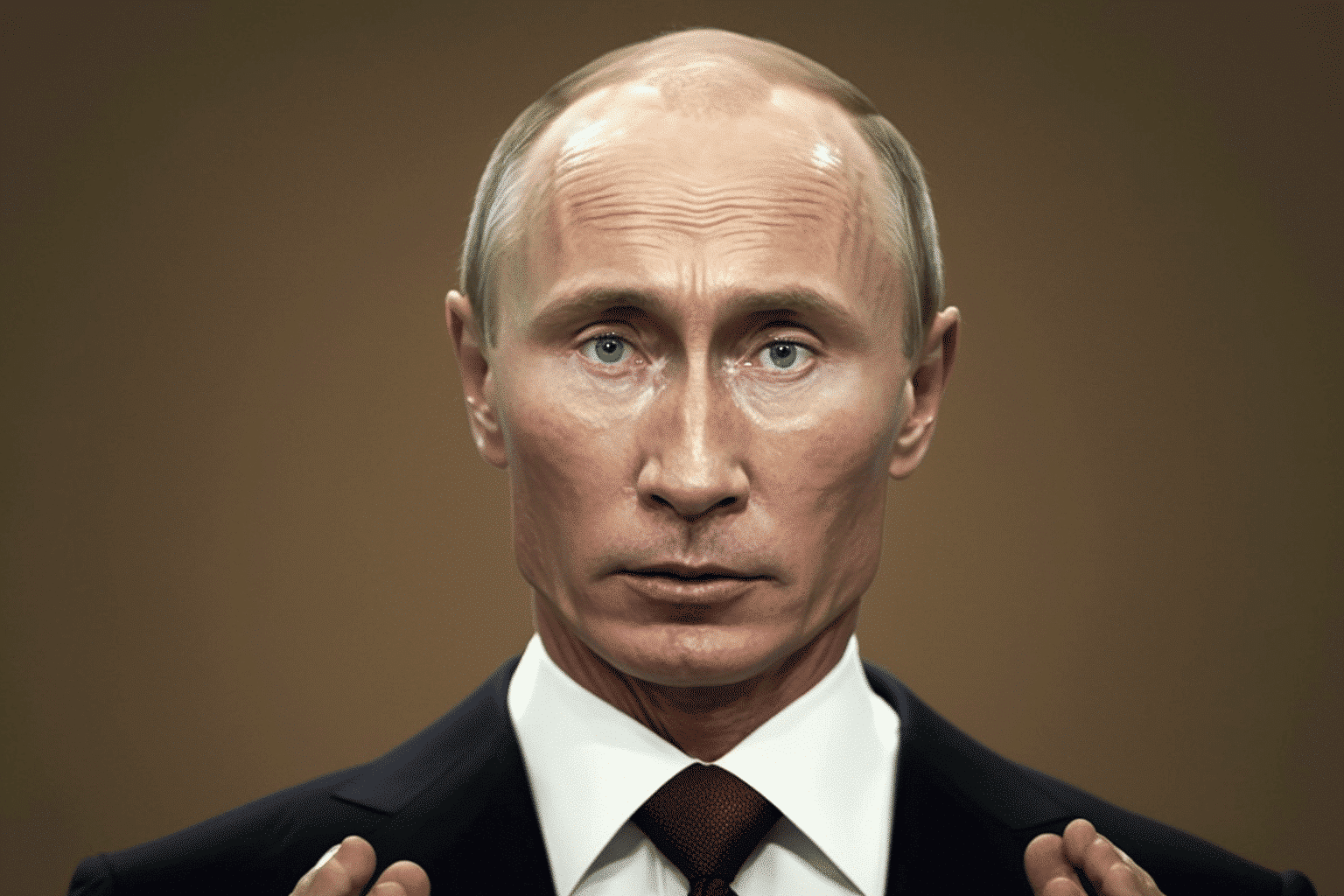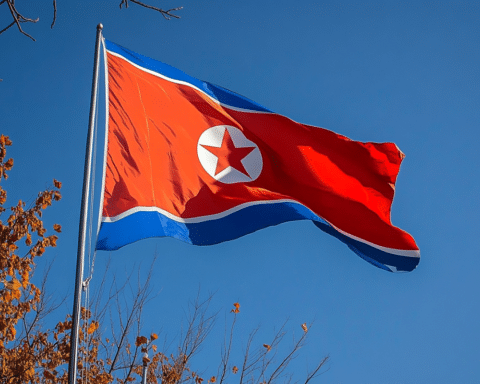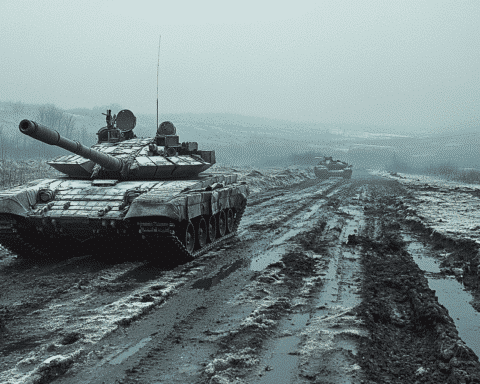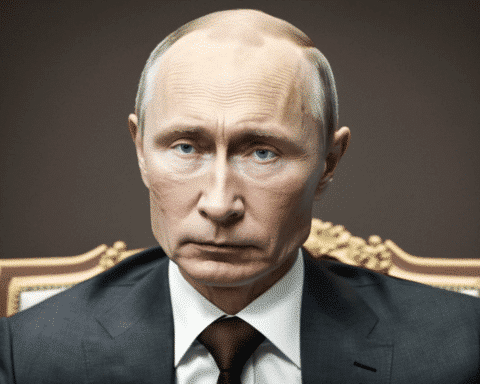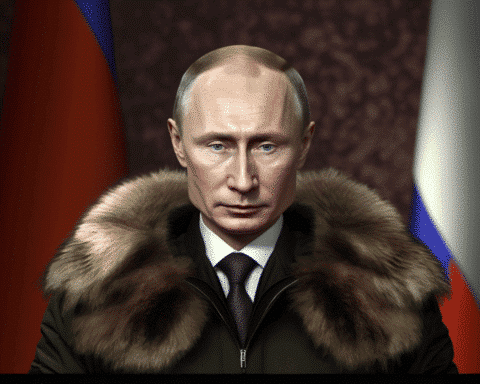During his annual state-of-the-nation address, Russian President Vladimir Putin announced suspending Moscow’s participation in the New START Treaty, the last remaining nuclear arms control agreement with the United States.
In his speech, Putin accused the West of double-dealing and portrayed Russia and Ukraine as victims. He also threatened to resume nuclear weapons testing if the US does so, ending the global ban on such tests that have been in place since the Cold War.
With the suspension of the New START Treaty and the aggressive rhetoric of Putin, tensions have risen, and concern about the ongoing conflict in Ukraine has grown.
President Joe Biden attempts to cement Western unity in Poland during a visit to Kyiv, which Secretary of State Antony Blinken called “really unfortunate and very irresponsible.”
Putin accused the West of targeting Russian culture, religion, and values and accused Kyiv of starting the war in Ukraine. He denied any wrongdoing by Russian forces, who have been accused of war crimes in Ukraine.
All state TV channels in Russia covered the speech, but media from “unfriendly” countries, including the US and the UK, were barred from covering it. Analysts expect Biden’s speech on Tuesday to contrast with Putin’s aggressive stance.
In the aftermath of Putin’s speech, world leaders have expressed their concern and condemnation of the suspension of the New START Treaty.
The treaty has been a cornerstone of international security and stability for over a decade, and its suspension could have far-reaching consequences for global peace and stability.
The US and its allies have called on Russia to return to the negotiating table and uphold its treaty commitments.
The situation in Ukraine continues to escalate, with reports of shelling in the southern cities of Kherson and Ochakiv during Putin’s speech, killing six people. President Volodymyr Zelensky condemned the attacks and called on the international community to increase its support for Ukraine. The conflict in Ukraine has become a flashpoint between Russia and the West, rekindling Cold War fears and raising concerns about the spread of the conflict.
The US and its allies have increased their military support for Ukraine, providing weapons and training to Ukrainian forces.
The move has drawn criticism from Russia, which views it as a direct threat to its national security. The international community remains deeply divided over the conflict in Ukraine, with some countries supporting Russia and others supporting Ukraine.
The situation remains tense and volatile, and the world will watch closely to see what happens next.
Putin’s speech and the suspension of the New START Treaty have raised tensions and concerns about the ongoing conflict in Ukraine and the stability of the global security system.
To prevent the conflict from escalating further, the international community must work together to find a peaceful solution.
